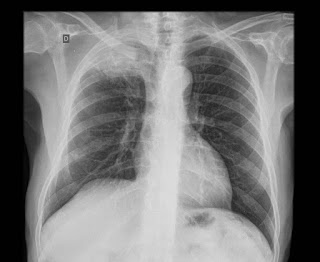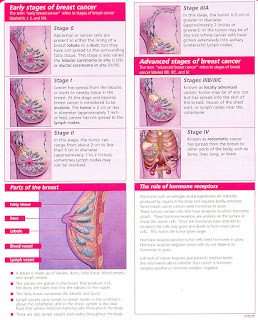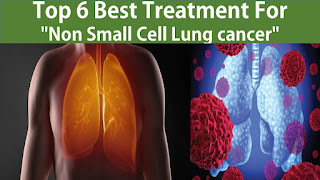Correlation of Chest CT and RT-PCR Testing for Coronavirus ...

apical lung tumor symptoms :: Article Creator Stage 4 Neuroendocrine Small Cell Lung Cancer Neuroendocrine small cell lung cancer (SCLC) occurs when neuroendocrine tumors develop as a result of overactive, cancerous neuroendocrine cells. Stage 4 is extensive stage SCLC. Neuroendocrine cells are specialized cells found in many parts of the body, including the gastrointestinal (GI) tract, gallbladder, and lungs. These cells receive signals from the brain to produce and release certain hormones that control many bodily functions. Neuroendocrine tumors (NETs) develop when neuroendocrine cells become overactive and cancerous. NETs typically involve the GI tract and the lungs. Small cell lung cancer (SCLC), also called oat cell cancer, accounts for 10–15% of all lung cancers. It is also the most prevalent type of neuroendocrine lung tumor. Once a doctor makes a diagnosis, they determine how much the cancer has spread through stagin...



